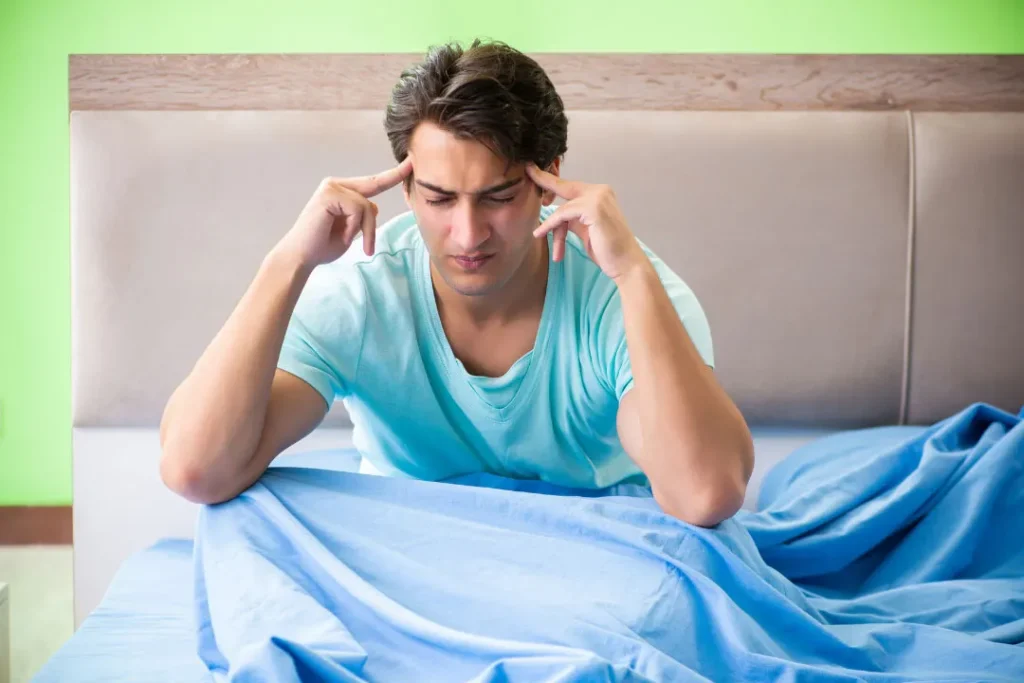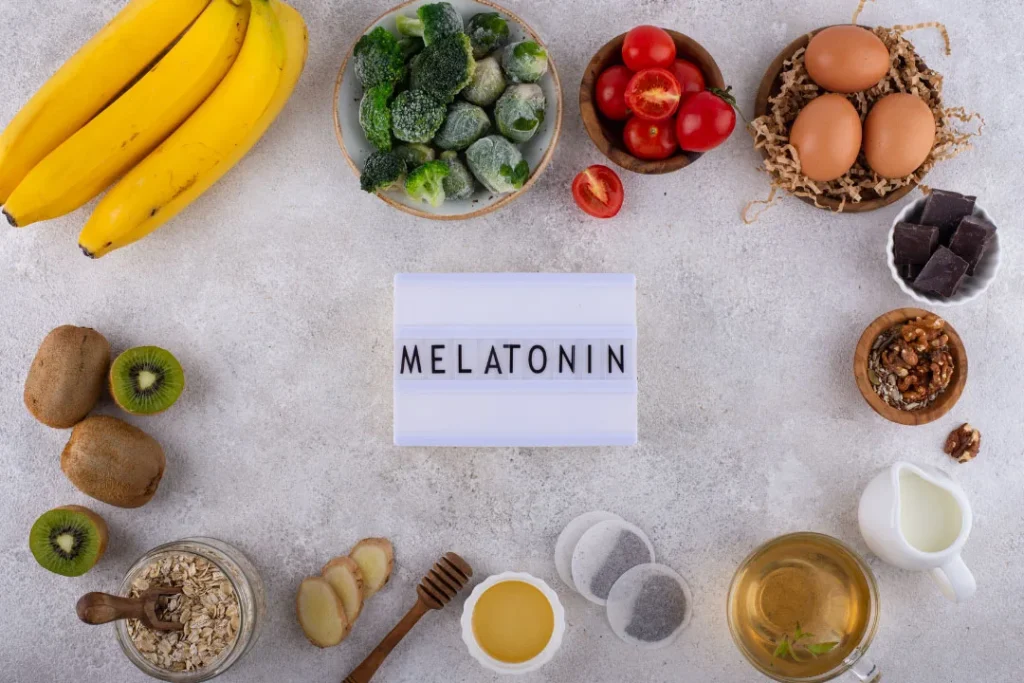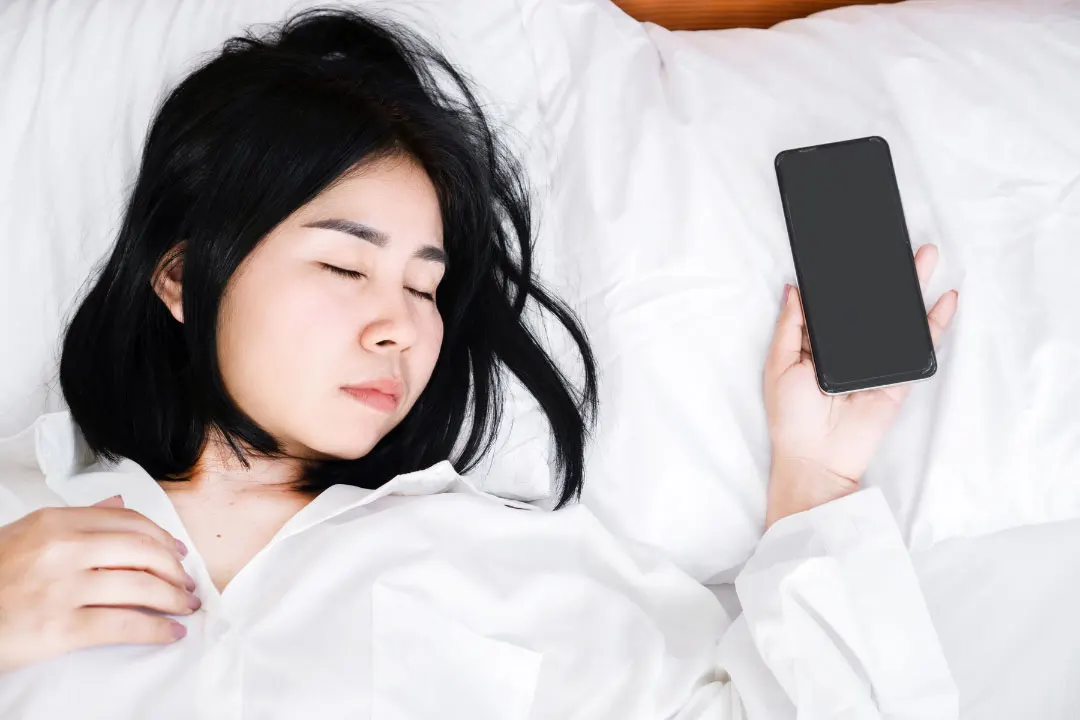In today’s stressful world, many people struggle with sleep issues and seek effective remedies. Companies that have designed non addicting sleep aids claim to offer a solution without the risk of dependence or withdrawal. But are these claims too good to be true? Dive in as we discover the answer to the question that keeps you up at night.
The importance of sleep cannot be understated. It is closely linked to depression and chronic diseases, making it crucial to find safe and effective ways to address nighttime restlessness for the sake of our health. The use of sleep aids to improve sleep quality traces back to ancient civilizations thousands of years ago. Interestingly, many of these natural sleep aids are still in use today. However, with advancements in modern sleep science and technology, scientists continue to look for ways to develop a non addicting sleep aid.
Related Video:
You May Also Like:
5 Great Reasons to Try Herbs for Better Sleep
The Best Supplements to Support Sleep: Try Golden Milk to Reduce Stress and Relax Before Bed
Is the Non Addicting Sleep Aid a Myth? The Answer May Surprise You. is an original (HealthXWire) article.
Origins of sleep aids
For thousands of years, both natural and chemical substances have been used to promote sleep. Natural substances such as herbs and botanicals have a deep-rooted history among many ancient cultures, where they were used to enhance sleep. Examples of these substances, such as valerian root, chamomile, and passionflower, continue to be used to this day. Wine, known for its soporific effects, was also used in ancient times to promote sleep. Additionally, opium and its derivatives were employed by the Ancient Egyptians to address sleep disorders.
While sleep aids have a long historical usage, the formal study of sleep science was not established until 1924 with the invention of the electroencephalogram (EEG) by Hans Berger. Prior to this development, scientific understanding relied primarily on observation. The introduction of the EEG revolutionized sleep science, leading to advancements in pharmaceuticals specifically designed to facilitate sleep.

Sleep aid ingredients
In the early 1900s, the predominant chemical sleep aids were barbiturates. Although highly effective at improving sleep, barbiturates were found to be extremely addictive and carried the risk of overdose and death. As a result, benzodiazepines replaced barbiturates in the 1960s. Unfortunately, benzodiazepines were also found to possess addictive qualities and had a history of abuse. Moreover, the long-term use of benzodiazepines has been linked to dementia.
In the quest for a non addicting sleep aid, sleep scientists explored non-benzodiazepine compounds that were effective in promoting sleep. Zolpidem is one such medication that acts as a depressant on the central nervous system (CNS) to help induce sleep. However, its effects on the CNS can result in the same harmful side effects that sleep scientists aim to avoid.
Even over-the-counter commercial sleep aids, which are widely available, may contain ingredients known to be addictive. Many of these products, advertised as sleep aids, contain antihistamines. Although generally considered safe, documented cases of abuse exist. Prolonged use of these compounds can lead to tolerance build-up and subsequent withdrawal symptoms. Moreover, they may cause impaired motor function and memory loss. In some cases, extensive use of these sleep aids is even associated with dementia.


Natural sleep aids
The use of a natural and non addicting sleep aid remains one of the safest methods to fall asleep faster and stay asleep. A recent review of over 60 studies on valerian root concluded that it is not only an effective sleep aid but can also be used to treat co-morbid conditions. Chamomile is another natural sleep aid with a long history of use that continues to be utilized. Research has attributed the sleep-promoting effects of chamomile to the flavonoid apigenin, which acts similarly to a benzodiazepine but without the harmful side effects.
More recently, in 1958, Aaron Lerner was the first person to discover melatonin. Since then, extensive research has been conducted on melatonin, and its effects as a sleep aid are now well known. Studies have consistently shown melatonin to have positive impacts on sleep quality, making it one of the most popular sleep supplements today. The best part is that melatonin is a non addicting sleep aid with minimal side effects.
Is the Non Addicting Sleep Aid a Myth? The Answer May Surprise You. is the (HealthXWire) report.


Non addicting sleep aid:
DeltaSleep by myPEAK
When searching for a non addicting sleep aid, DeltaSleep is a healthy option. Formulated by myPEAK supplements, DeltaSleep combines melatonin with other proven natural sleep aids, such as valerian root and chamomile. DeltaSleep also includes the sleep-promoting botanical passionflower and the amino acid GABA. Clinical studies have provided evidence that passionflower can reduce anxiety levels and increase the total duration of sleep. Meanwhile, GABA helps promote sleep by calming the nervous system. Once the body is asleep, GABA continues to work by regulating the body’s sleep waves. The synergistic actions of these ingredients allow the body to rest easily, which is why DeltaSleep has been awarded the title of the best sleep supplement.
Featured on numerous news outlets and recommended by health experts and doctors, myPEAK is committed to helping you “live at your peak.” myPEAK believes the way to accomplish this is by providing pure ingredients that complement each other at optimal doses. This approach facilitates the body’s ability to absorb the ingredients fully. The integrity of the company is evident in its dedication to the environment, as myPEAK believes that an individual can only thrive in the right environment.


Non addicting sleep aid:
Final thoughts
Given the consistent link between inadequate sleep and adverse health effects, it is understandable why sleep aids are popular. Accordingly, in theory, a sleep aid should not only improve sleep but also contribute to overall better health. Therefore, it is crucial to avoid harmful substances with addictive qualities. Despite advancements in sleep science and technology, newer does not always mean better. Opting for a proven, natural, and non addicting sleep aid is the preferred choice, as this not only helps the body rest comfortably but also promotes overall health and wellness.
For further information:
Centers for Disease Control and Prevention: Sleep and Chronic Disease
United States Drug Enforcement Administration: Benzodiazepines
US Pharmacist: Preventing Addiction and Abuse with Nonprescription Products
Endocrine Reviews: Melatonin as a Hormone: New Physiological and Clinical Insights
Important Note: The information contained in this article (Is the Non Addicting Sleep Aid a Myth? The Answer May Surprise You.) is for general informational purposes only, and should not be construed as health or medical advice, nor is it intended to diagnose, prevent, treat, or cure any disease or health condition. Before embarking on any diet, fitness regimen, or program of nutritional supplementation, it is advisable to consult your healthcare professional in order to determine its safety and probable efficacy in terms of your individual state of health.
Regarding Nutritional Supplements Or Other Non-Prescription Health Products: If any nutritional supplements or other non-prescription health products are mentioned in the foregoing article, any claims or statements made about them have not been evaluated by the U.S. Food and Drug Administration, and such nutritional supplements or other health products are not intended to diagnose, treat, cure, or prevent any disease.
Table of Contents


